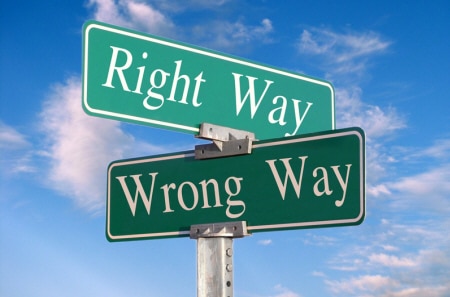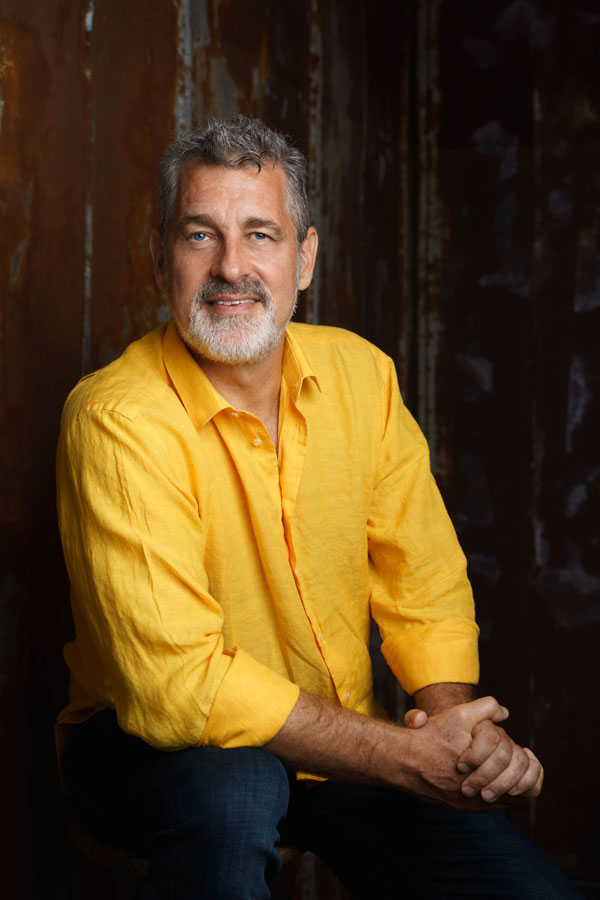Are You Increasing Entropy or Integration?
Summary Insight:
Right and wrong shift. Energy doesn’t lie. This article flips morality on its head and gives you a decision-making compass that works in any context—without preaching.
Key Takeaways:
- Traditional morality is unstable—use energy as your guide instead.
- The best decision is the one that frees up energy, not drains it.
- Ask: what brings peace, not just compliance?
Imagine that one of your clients, who is also a good friend of yours, owes you a good amount of money. You have sent multiple bills, have casually reminded him, and even had an earnest conversation. From your perspective, he seems well off and able to honor his debt. What’s the right or moral thing to do?
Morality is a complex and challenging thing to understand. On the one hand, a society or family can’t function long without a shared moral code. We all support the social norms we believe to be right or just. On the other, we often fight against norms that silence our individual expression. In other words, no one likes to be on the other end of a sermon they didn’t request. In addition, what’s understood as right and wrong actually shifts over time and with changing conditions. Just ask your grandparents.
While the world loves to judge the rightness and wrongness of everything, most of us don’t think about morality too much, nor do we reflect on the nature of our decisions. When we do so, it’s usually motivated by a sense that our life is falling apart. Then we tale a step back, reflect, and seek to make a change. Whatever the change is, it usually involves the development of a new moral code or compass – a set of beliefs, actions, and choices that feel more in alignment with who we want to be – in the hope that our life becomes congruent once again.
If you do a quick scan around the world, you’ll find as many different views on morality as you do cultures. Among these you’ll find benevolent self-interest, the golden rule, the Ten Commandments, karma, a general feeling of right and wrong, the law of the land, the expectations of others, looking out for #1, obeying authority, making it up as you go, and any combination of the above.
While individualistic, ego-driven codes tend to create a lack of connection, integration, and harmony with the whole, external, collective codes will create inner conflict and strain when they are misaligned with individual needs. Those who operate from a conscious and fully integrated “moral” code, on the other hand, tend to live happier, more productive and meaningful lives. They also tend to navigate challenging situations with greater ease and energy. Therefore, if you can get clear and conscious about what your own compass is, you can use it to make more aligned decisions that best support you, your loved ones, and the type of society you want to live in.
One very powerful compass is rarely discussed and offers a profoundly “moral” code beyond traditional morality. It can work in concert with any other code and be used in any situation to make wise decisions that lead to happiness, freedom, and peace. Plus, it’s free of moralizing. What is it? It’s the “morality” of energy.
The morality of energy is based on a simple concept. Energy is the most valuable commodity there is1. If a choice or action costs you mental, emotional, or physical energy now and in the future, it’s a less desirable choice than one that frees up or adds to your mental, emotional, or physical energy now and in the future. You will also find that (unless you’re a psychopath or a sociopath) the choice that frees up the greatest amount of energy will tend to be the more sound “moral” choice for you and everyone involved. That’s it. Let’s take a look at some everyday examples of the morality of energy in action.
First, let’s go back to the example at the beginning of this article about the friend who owes you money. Some obvious options for you might be: A) forget about it in an effort to preserve your friendship, B) forget about it and never speak to him again, C) send the bill to collections, or D) sue him. What’s the right or “moral” thing to do? All these options are legal and reasonable, yet each of them assigns primary value to a different aspect of the relationship and will result in different short- and long-term consequences.
Using the “morality” of energy as a guide, your answer would depend on how much your decision will cost you in terms of mental, emotional, or physical energy. In other words, how much overall and long-term energy drain or stress will your decision create in your life? The ultimate goal should be the lowest energy cost and the highest level of internal freedom, integrity, and well being. Once you’ve come up with options that feel reasonable to you, ask yourself, “what will contribute to my sense of freedom and inner peace in the long term?” and follow that path. This may sometimes mean an increase in short-term stress, but the lasting freedom will be well worth it.
Another example is when and how we choose to tell the truth, a partial truth, or a lie. Under a traditional moral code, it’s always wrong to tell a lie. But in real life, there are times when withholding a truth may be more appropriate or kind than sharing it – as in silencing gossip to protect the feelings of a friend or telling an outright lie to safeguard the innocent from trauma or tyranny. At the same time, it’s not uncommon for people to withhold a truth or tell lies to avoid negative consequences in everyday scenarios – thus experiencing a lingering sense of guilt that costs them energy and undermines their connection to those around them.
Or, using a dramatic example for effect, imagine that you are walking down a city street and see a child trapped in a burning building. What choice do you make? Running into the burning building will likely cost you great immediate mental, emotional, and physical energy. It may even cost you your life – the ultimate energy expenditure. But not running into the building to save the child may cost you even more energy in the future. In fact, if you don’t try to save the child, you will likely feel guilt, shame, and regret at not having taken action. Even though you’ll still be alive, the episode will create a loss of mental, emotional, and ultimately physical energy that will remain in your consciousness in the long run. Even if you did not ascribe to the common moral code that children should always be preserved and rescued, the “right” choice energetically would still likely lead you to save the child. If you’re successful, you’ll get a big boost in energy. If you’re not successful, you’ll know you did your best and the ultimate energy cost will be significantly lower than if you had turned away.
Using the morality of energy as a guide, you always seek to optimize potential energy in the short and the long run. If you make choices that produce an ongoing energy drain, your life will feel stressed, drained, or out of balance. If you make choices and actions that increase your overall energy now and in the long run, you’ll feel joyful, balanced, and even more productive. I encourage you to apply the morality of energy to every decision in your life, then, and simply ask yourself, “What is the course of action that will free up or produce the most energy now and in the long run?” Then act!
1. If this is a new concept to you, read “The Universal Success Formula.” You’ll gain a better understanding of the success formula, which includes the concepts of integration and entropy, and why system energy is so valuable.




